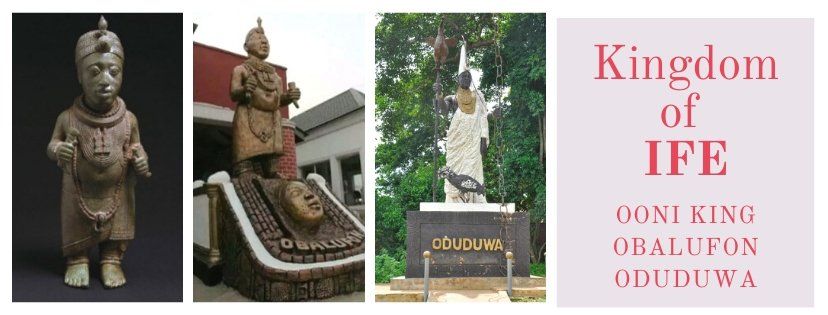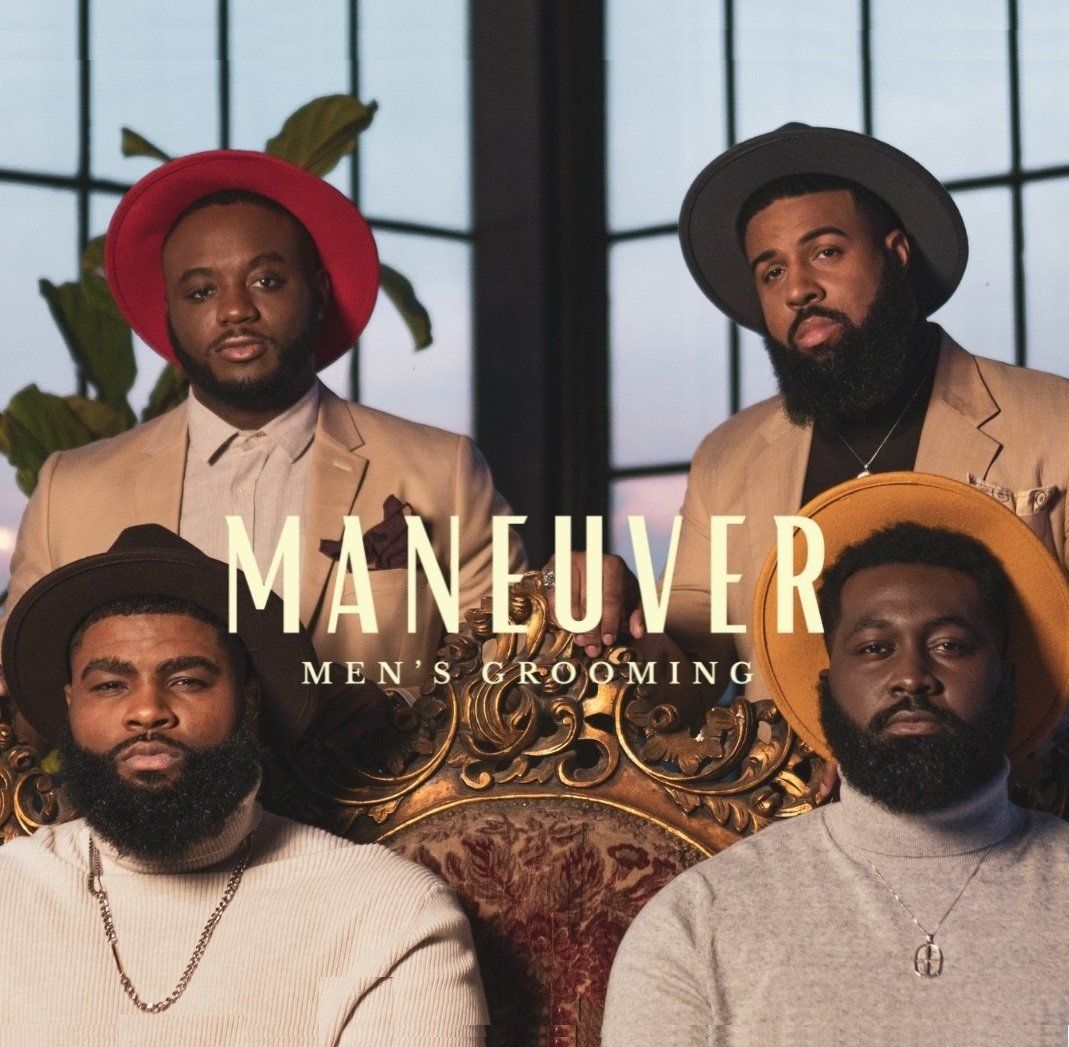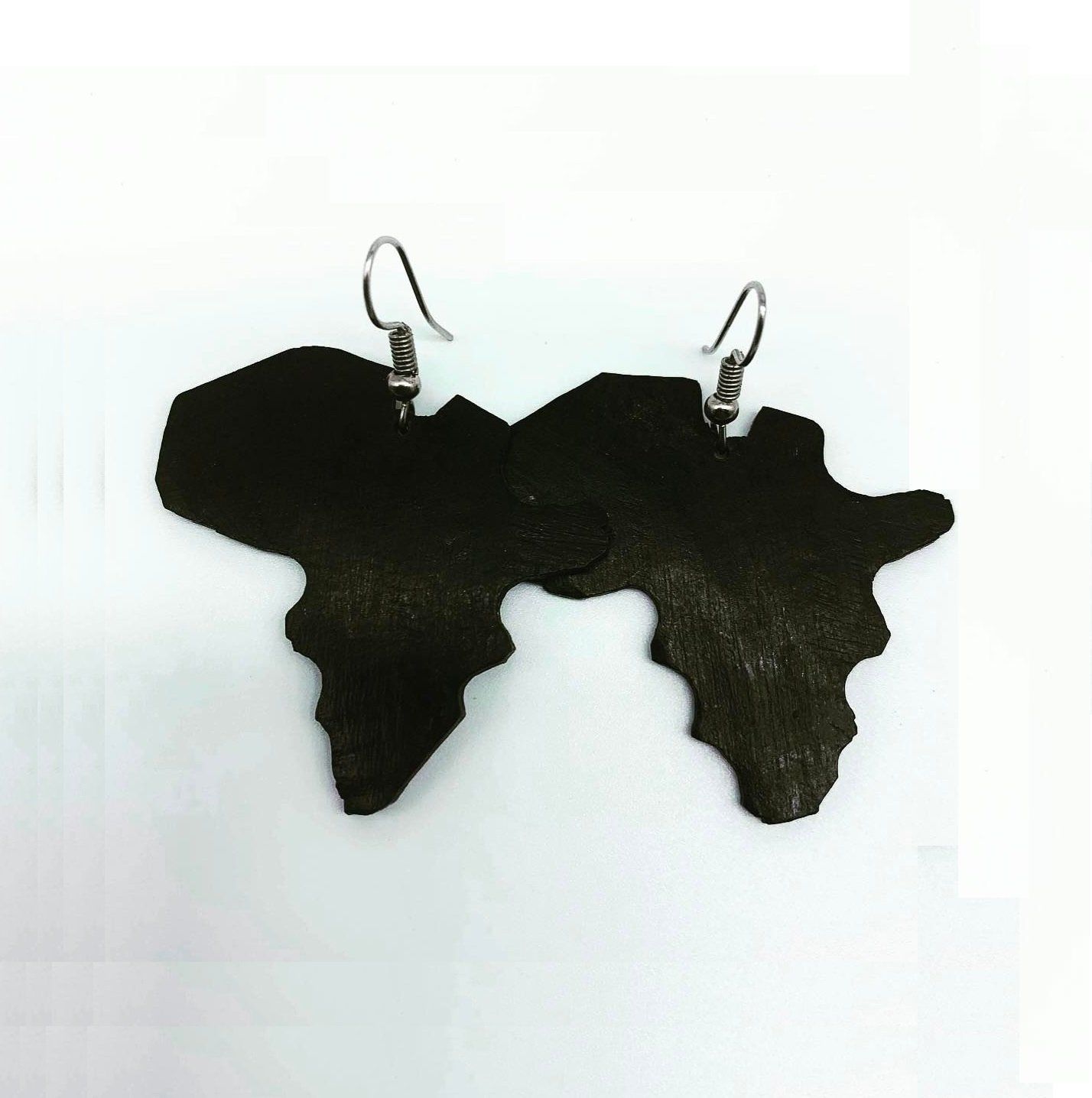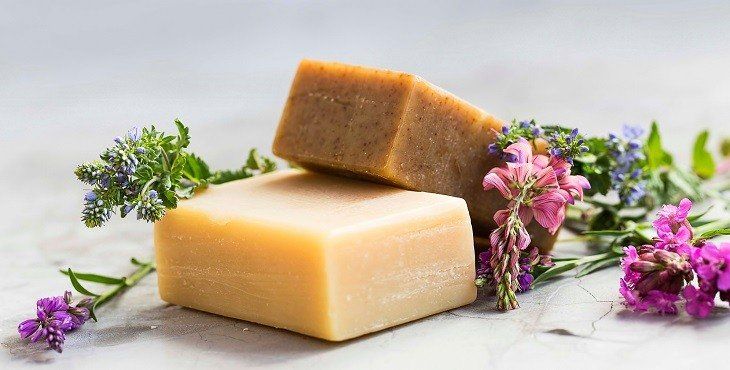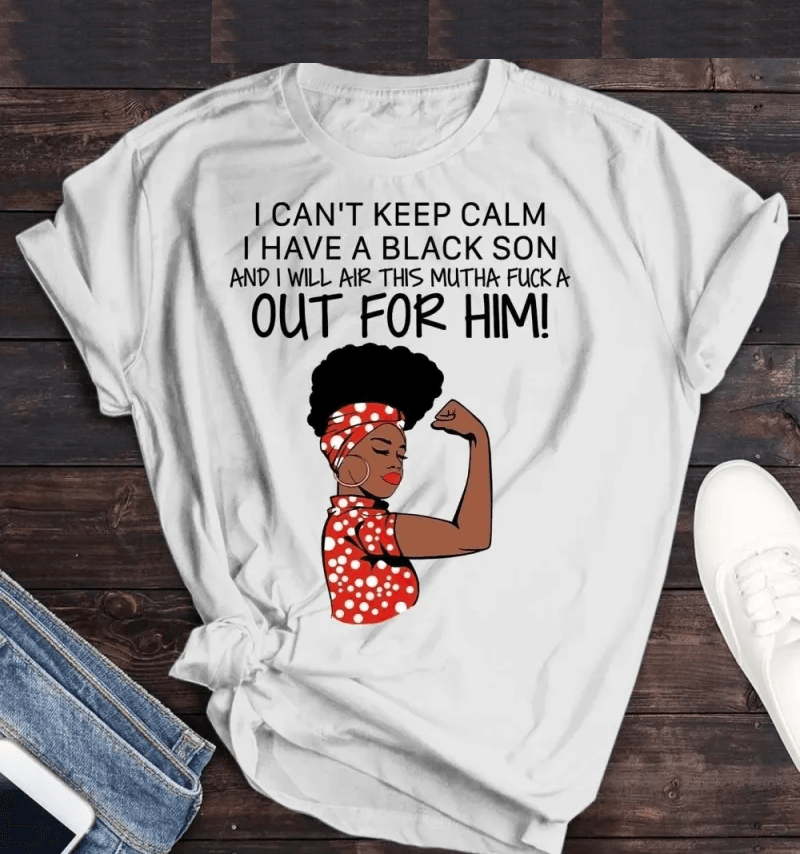African Kingdoms : The Kingdom of Ife
THE SPIRITUAL HEARTLAND OF THE YORUBA PEOPLE
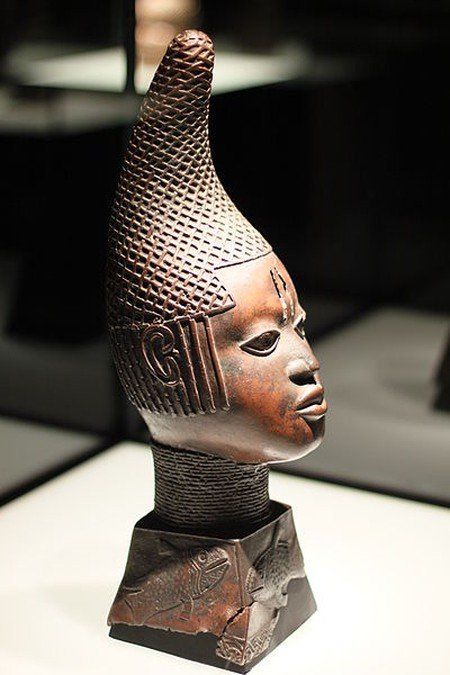
Ife ( pronounced ee-feh) also known as Ife, Ife-Lodun, or the Kingdom of Ife, is today regarded as the spiritual heartland of the Yoruba people living in Nigeria, the Republic of Benin and their many descendants around the world. It is rightly regarded as the birthplace of some of the highest achievements of African art and culture, combining technical accomplishment with strong aesthetic appeal.
From the 12th to the 15th centuries, Ife flourished as a powerful, cosmopolitan and wealthy city-state in West Africa, in what is now modern Nigeria. It was an influential centre of trade connected to extensive local and long-distance trade networks which enabled the region to prosper.
Sculpture
By the 12th century artists of Ife developed a refined and highly naturalistic sculptural tradition in clay ceramic, stone, terracotta heads, copper-alloy and bronze ornaments – the heads of rulers and deities, were sculpted in bronze. A style unlike anything in Africa at the time. However, the artistic production of Ife began to wane in the 1500s due to a significant shift in political power and wealth to neighboring empires such as the Benin and Oyo.
The technical sophistication of the casting process is matched by the artworks’ enduring beauty. The human figures portray a wide cross-section of Ife society and include depictions of youth and old age, health and disease, suffering and serenity.
According to Yoruba myth, Ife was the center of the creation of the world and all mankind. Ife was home to many sacred groves located in the city’s forests. Two groves in particular have revealed numerous sculptures: the Ore Grove with its stone monoliths, human and animal figures and the Iwinrin Grove which is associated with terra-cotta heads and fragments from life-size figures.The identification and function of this head, in common with the others discovered at this site, remain uncertain. Its elaborate beaded headdress, possibly representing a crown, suggest that it was associated with an Ooni, a ruler of Ife.
Other sites have revealed spectacular pieces with royal associations, including the only known complete king figure and an exquisite terra-cotta head, possibly portraying a queen both from Ita Yemoo.
WE DESIGN WEB SOLUTIONS THAT GET YOU CLIENTS
Trade
Very little is known about the state apparatus of Ife and how it controlled its territory. Even information on the economy of Ife is sparse. It is likely that Ife, and the whole area of the West African rain forest in general, prospered thanks to iron-smelting technology which could produce iron tools , in turn, bring forth plentiful harvests of food such as okra, yams, dates, palm oil, and fish.
Goods which could be traded with kingdoms to the north included kola nuts, pepper, gold, and ivory. Ife was indirectly connected to the camel caravan trade routes that crossed the Sahara and reached such cities as Tripoli on the Mediterranean coast. Goods exchanged for those provided by Ife would have been principally salt from the Sahara and luxury goods for the Ife elite who controlled the trade. The luxury items would have included swords, copper, brass, jewelry, perfumes, and horses.
Ife Architecture
By the beginning of the 11th century CE, Ife had grown to become a large walled city with several large stone buildings and including a palace, workshops, and shrines. Some of the city’s streets were paved with terracotta tiles to make them more resistant to rain. Similarly, many courtyards were paved with small pieces of pottery and quartz pebbles to create geometrical designs.
Some courtyards have altars consisting of a low semicircular structure with the neck of a pottery vessel placed within it. The majority of housing, unfortunately, was made using clay, and these have long since perished, but a clue to their original decorative appearance is finds of many small pottery discs which were stuck into them to create a mosaic effect.
Ife today
Today Ife remains a major spiritual and religious centre for the Yoruba people. Some of its shrines and groves are still in use and rituals to key gods are performed regularly. Works of art from Ife have become iconic symbols of regional and national unity, and of pan-African identity.
Since Independence in 1960 enthusiasm for copies or reproductions of heritage items with nostalgic associations has increased. The "Ori Olokun" head was chosen as the logo for the All-Africa Games held in Lagos in 1973 and has been adopted as the logo of numerous commercial, educational and financial institutions. Such images have become universal symbols of African heritage.
Some of the original artworks and sculptures of the great Ile-Ife artists can be found in museums across Nigeria, North America , and Europe .
Legacy & Later History
The sculptures of Ife very likely influenced those produced in the kingdom of Benin (12th to 15th century CE), also in modern Nigeria and also largely composed of the Yoruba people. Certainly, in Benin oral traditions, it was the king of Ife who sent a master craftsman to Benin to spread his sculptural skills. There are also many points of similarity in the art of the two cultures such as a frequent representation of snakes.
Obafemi Awolowo University (OAU), one of the leading academic institutions in West Africa, is the major institution of higher learning in the city. Founded in 1962 as the University of Ife, it was rechristened by the Federal Military Government of Nigeria as the Obafemi Awolowo University on May 12, 1987, in honor of one of its most distinguished founding fathers, eminent nationalist and former chancellor, Chief Jeremiah Obafemi Awolowo (1909–1987).
Source : Ancient.eu | Culture Trip | Black Past | Khan Academy

